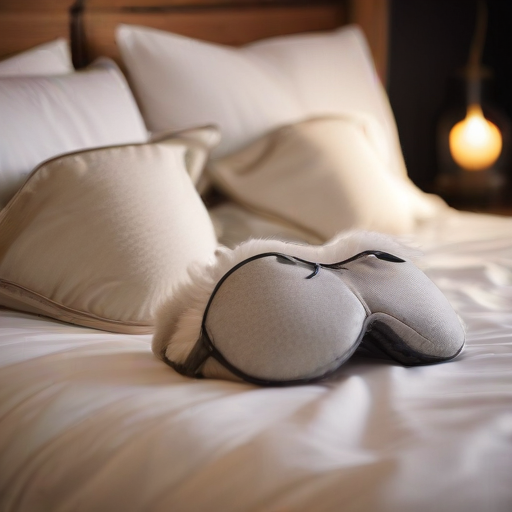The podcast episode features an engaging discussion on the burgeoning sleep industry, which encompasses a wide array of products aimed at improving sleep quality—from advanced alarm clocks to specialized mattresses. However, the conversation raises doubts on the effectiveness and necessity of investing heavily in these solutions as many individuals continue to struggle with sleep-related issues.
Host Rocio Fabbro interviews Dr. Michael Breus, a clinical psychologist and certified sleep specialist, who sheds light on the increasing prevalence of insomnia and the evolving understanding of sleep deprivation. He argues that the historical development of society, especially following the invention of the light bulb, has fundamentally altered sleep patterns, leading to a rise in sleep disorders due to stress, environmental factors, and lifestyle choices.
Dr. Breus discusses the significant impact that stress and mental health have on sleep, indicating that 75% of insomnia cases relate to these issues. In addition to exploring the physiological aspects of sleep, including its effects on the brain and body during rest, he emphasizes the cultural differences in sleep habits and their implications on modern society’s approach to rest.
The duo also delves into practical tips for achieving better sleep hygiene, such as establishing a consistent wake time based on individual chronotypes and minimizing caffeine and alcohol consumption. The episode highlights that quality of sleep often matters more than quantity; it’s about how one feels after rest rather than just the total hours spent asleep.
For those caught in the cycle of insomnia, a positive takeaway is the availability of solutions outside pharmaceutical interventions. Cognitive behavioral therapy for insomnia (CBT-I) is gaining traction as an effective method for helping individuals understand and change their sleep-related thoughts and behaviors. Dr. Breus offers a five-step plan to reformulate sleep habits, advocating for an approach that focuses on personal responsibility in promoting good sleep practices.
Overall, while the sleep industry thrives, the necessity for personalized solutions and self-awareness seems to be the key to achieving better rest, fostering a hopeful outlook for those struggling with sleep issues. Emphasizing the empowerment individuals can find in understanding their own sleep needs could open the door to healthier sleep practices moving forward.
